-

Erin Donahue -

Christina Barkanic -

Brittany Trott -

Emily Wiley -

Jessica Reilley -

Chris Raines -

Will Nichols -

Emily Reddy -

Michele Marchetti -

Michele Frank -

James Gherardi -

Kit Henshaw -

Christina and Erin -

Kim Tait -

Erin McKinney -

Steve Spanelli -

Sam Komlenic -

Katherine Taylor Grofic -

James Eisenstein -

Jamie Oberdick -

Anna Lombardo -

LacCreta Holland -

Tony Ricci -

Local Food Journey -

Laura Young -

Kristin Camplese -

Harrison's Fresh + Local -

Danielle Matalonis -

Kristine A. -

Linda Weaver -

Naomi Elle Schwartz -

Dana Stuchul -

Cara McShane -

Brittany Smith -

Jessica Illuzzi - Frosty
-

Jessica Paholsky -

James Sechrengost -

Brad Yeckley -

Maya Althouse -

Jordan Reabold -

Kim Chase -

Maria Bryant - Alexandrea Scott
The Triple E-A Approach to Climate Change
Posted by James Eisenstein on 04/25, 2017 at 07:17 AM
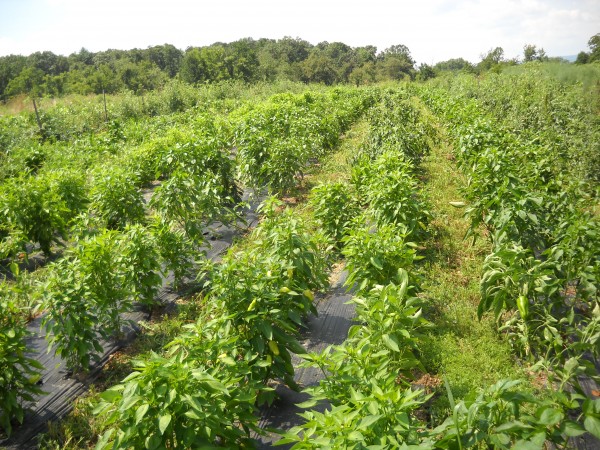
Pepper plants at Jade Family Farm
Many people, concerned about the environmental crisis and climate change, are signing petitions, contacting elected officials, contributing to organizations, and joining protest marches. The connection between undertaking such activities and making a real difference is indirect and tenuous. But there’s something you can do every day to make a real (albeit small) difference: Something if everyone did, could add up to a big impact.
People have to eat every day, and for those of us lucky enough to be able to afford sufficient food, we have the opportunity to make a difference through the choices we make about what food to purchase and eat.
Our food purchases and eating habits are so ingrained and routine that their implications for the climate in particular and the health of earth’s life-sustaining processes generally go unnoticed. But making conscious food choices can have profound effects.
My shorthand to convey this: “Triple E-A.” When you decide what food to purchase, you are engaging in an action that has Economic, Ecological, Ethical, and Agricultural effects.
Food choices are an Economic act insofar as they affect people who benefit from your purchase. If you shop at Giant, you are buying products that come from almost everywhere, and the profits ultimately accrue to a multinational corporation headquartered in the Netherlands. If you buy from a local farmer or food producer at a farmers market, your dollars boost the local economy. Even the small percentage of local food purchases made here now add up. The Friends & Farmers Cooperative Online Market’s revenues since opening exceed $250,000, most of which went back into the local economy. Together, our local farmers markets plow back even more into the local economy.
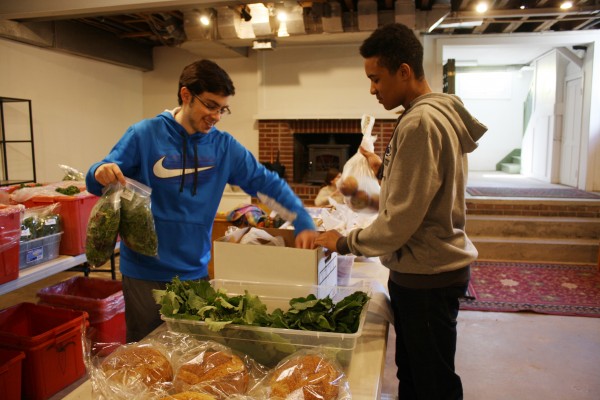
Volunteers pack locally produced food at Friends & Farmers On-Line Market
The U.N.’s climate panel (IPCC) identifies conventional agriculture as one of the major contributors to climate change. Nitrous oxide emissions from chemical fertilizers alone (it’s 298 times more potent than carbon dioxide) account for 12 percent of all greenhouse gas emissions.
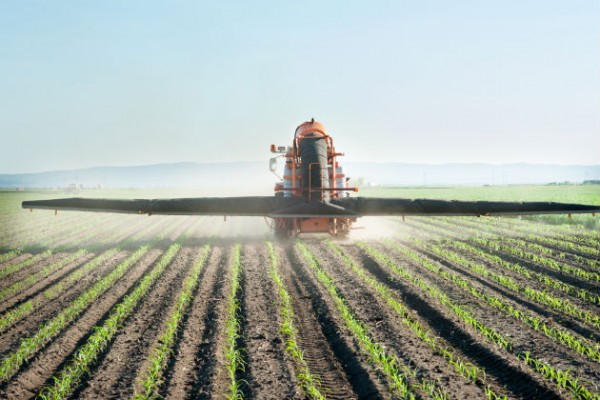
Industrial Agriculture Nitrogen Fertilizer Application
The “full cycle†carbon footprint is even higher, ranging from an estimated 20 percent all the way into the high 30s. Ecological: Sustainable agriculture improves the health of the soil rather than impoverishing it. It encourages the health of pollinators rather than killing them.
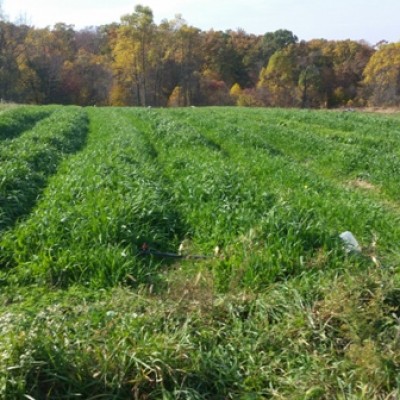
Cover crops on raised beds on organic farms build healthy soils and sequester carbon
The Ethical implications of purchasing local and sustainably grown products are clear. You are helping to preserve the environment, reduce chemical pollution, protect pollinators, and build the soil (to mention just a few).
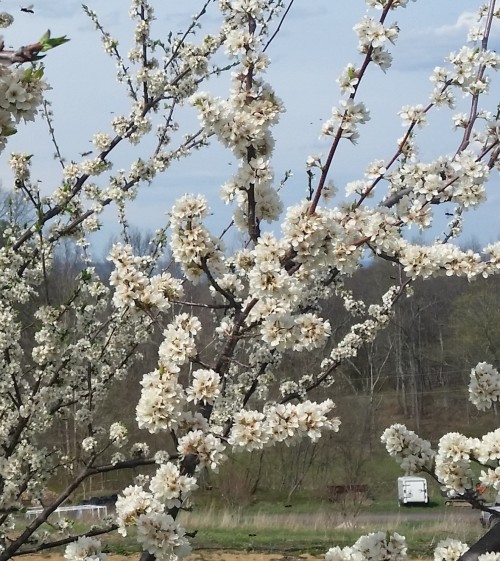
Look closely for wild bees pollinating organic plum trees
Finally, when you decide what food to buy and eat, it is an Agricultural act (as Wendell Berry pointed out many years ago). You are investing your dollars to support sustainable agriculture as practiced by local farmers.
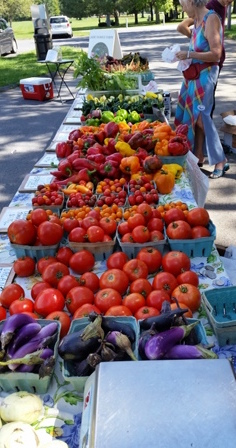
Organic vegetables at Jade Family Farm Boalsburg Market Stand
It’s a pretty strong case, and I haven’t even mentioned the nutritional benefits from buying fresh local food that lasts much longer than, say, spinach grown in California or Mexico. Oh, it also tastes much better.
You can effect change with your dollars every day, and together we can make a big difference by buying local and sustainably produced products. It takes just a little extra effort. If you can, grow as much as you can. If not, shop at a local farmers market. Or shop Friends & Farmers Online Market at http://www.friendsandfarmers.coop/online_market or a grocery carrying local products.
So the next time you feel like yelling at your television or computer screen, pick up that bag of local organic spinach instead.
![]() Author: James Eisenstein
Author: James Eisenstein
Bio: Unpaid Field Hand at Jade Family Farm | Former Penn State Professor
- Our Local Food Journey comes to an end
- Winter isn’t a quiet time at the farm
- Get the taste of garden season right now by growing herbs indoors
- All you need to know about PASA’s Farming for the Future conference




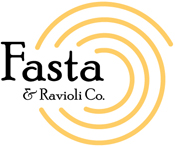


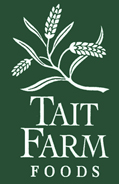

NO COMMENTS